Decentralization of highway management helps reduce the burden on the central budget, and localities are also more proactive in maintenance and upgrading. However, in reality, not all localities have enough resources to do so.
Upgrade with local budget
Recently, traveling on Highway 80 from Kien Luong to Ha Tien ( Kien Giang ), people and traffic participants were very excited to escape the scene of degraded roads, dusty roads, full of "potholes" and "elephant holes".
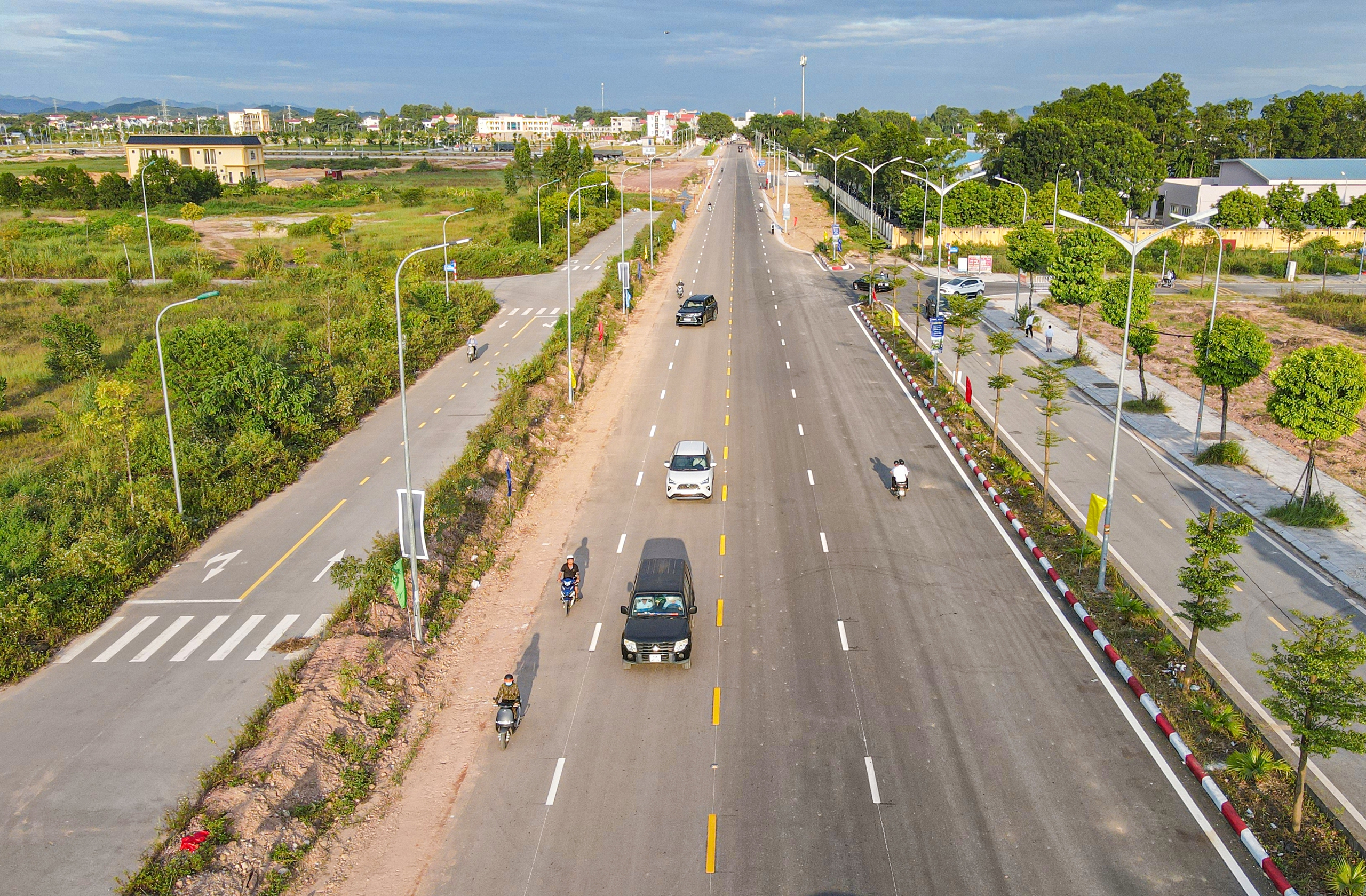
Decentralizing national highway management will help localities be more proactive in investing in maintenance projects and upgrading the traffic system. Illustration photo: Ta Hai.
Previously, at the end of 2022, Kien Giang province allocated 300 billion VND from the budget to upgrade, repair and expand 15km of the most severely damaged section. After completion, people's travel and transportation of goods will be easier, and more tourists will come to Kien Giang.
According to the provisions of the Budget Law, investment and upgrading of national highways are the expenditure tasks of the central budget and are managed and allocated by the Ministry of Transport . Localities are not allowed to use local budgets to invest in national highways and expressways managed by the central government.
In the context of the Central budget's difficulties, the capital for road maintenance only meets 40% of the demand, so in February 2022, the Prime Minister agreed to transfer National Highway 80 to Kien Giang province for management, exploitation, and use of local budget for renovation and upgrading.
Implementing Resolution 106/2023 of the National Assembly on piloting a number of specific policies on investment in road construction, in early 2023, the Government decided to decentralize 6 provinces and cities to use local budgets to invest in 7 national highway and expressway projects in the area. At the same time, 13 provinces and cities were allowed to use local budgets to support other localities to invest in 14 projects.
Decentralization goes hand in hand with responsibility
Currently, the 2024 Road Law has stipulated specific decentralization and delegation of authority to localities. Accordingly, the Ministry of Transport is responsible for managing national highways. Provincial People's Committees are responsible for managing provincial roads, national highways passing through special urban areas; and national highways when decentralized.
According to the Vietnam Road Administration, the Ministry of Transport only performs State management tasks for the national highways that have been assigned, such as inspecting, checking, and supervising the implementation of the localities. When the locality violates (violating the planning, violating related legal documents, etc.), the Ministry of Transport will revoke the assigned national highway.
Mr. Nguyen Tuan Anh, Head of Maintenance Management Department, Vietnam Road Administration, said that to realize the provisions of the law, Vietnam Road Administration is drafting a Circular regulating the decentralization of national highway management. In which, it proposes criteria for decentralization, giving priority to localities that are capable of balancing their own revenue and expenditure.
According to regulations, assets are managed and invested by the level they belong to, and localities are not allowed to use local budgets to invest in national highways.
However, recently, many provinces and cities have had resources and the need to invest in expanding national highways through their areas but have been entangled in legal regulations.
"When decentralization is implemented, this problem will be resolved. Localities with resources can proactively invest in renovation, upgrading, and maintenance projects and must take full responsibility for managing the route," said Mr. Tuan Anh.
Mr. Nguyen Van Vinh, Director of the Department of Transport of Ninh Thuan province, said that decentralizing the management and maintenance of some sections and routes of national highways to localities is necessary. Because the locality has the advantage of local human resources, it can quickly handle arising problems.
Similarly, a representative of the Nam Dinh Department of Transport said that decentralization to localities that meet the conditions and standards will help proactively arrange financial and human resources for management, maintenance, operation and traffic assurance.
Besides, direct management of national highways will increase the responsibility of local authorities, and localities will also be proactive in planning related to national highways passing through the area.
Two hierarchical models
Mr. Dang Hoang Tuan, Director of Long An Department of Transport, acknowledged that the cost of national highway maintenance management is a regular expenditure task of the central budget. Every year, the Ministry of Finance assigns the expenditure estimate to the Ministry of Transport, so the Ministry of Transport cannot assign the expenditure estimate to the Provincial People's Committee.
Furthermore, there is currently a lack of synchronization in monitoring and ensuring construction quality, because the same national highway is managed by many provinces and cities, without a unified focal point.
Meanwhile, a representative of the Nam Dinh Department of Transport said that localities with insufficient financial resources should proactively propose decentralization of secondary national highways and national highways passing through urban areas. The funding source for implementation is provided by the Vietnam Road Administration.
According to Mr. Nguyen Tuan Anh, there will be two models of decentralization in the future. The first is decentralization to localities, where localities will invest their own resources in and maintain national highways.
The second is decentralization to the Department of Transport but the capital source is still allocated by the Ministry of Transport. The Ministry of Transport will manage key national highways such as expressways; routes and sections participating in the international road network (AH); national highways passing through three or more socio-economic regions.
Secondary national highways located within a province will be decentralized to local management. Localities are responsible for ensuring resources for investment in construction and maintenance. Priority will be given to decentralizing national highway management to 16 provinces and cities that can balance their own revenues and expenditures and will not receive support from the central budget.
Localities that do not have enough resources to receive all national highways in the area can receive some routes. In that case, the local expenditure task for renovating, upgrading, and maintaining the decentralized national highways will be added, and the locality will report directly to the National Assembly on this expenditure need.
The open regulation is that when a province does not have enough resources, it can refuse to decentralize and return it to the Central Government. The spending task is then transferred to the Central budget.
Besides decentralization, there is a part of national highways that still implement the authorization model according to model 2. With more than 25,000km of national highways, the Central Government only manages about 40%, mainly key national highways, the rest is authorized for local management. This regulation is suitable for provinces that do not have resources and do not want to receive decentralization.
Source: https://www.baogiaothong.vn/hai-mo-hinh-phan-cap-dia-phuong-quan-ly-quoc-lo-192241024234506951.htm


![[Photo] General Secretary To Lam chairs the meeting of the Central Steering Committee on preventing and combating corruption, waste and negativity](https://vphoto.vietnam.vn/thumb/1200x675/vietnam/resource/IMAGE/2025/9/29/fb2a8712315d4213a16322588c57b975)
![[Photo] General Secretary To Lam receives US Ambassador to Vietnam Marc Knapper](https://vphoto.vietnam.vn/thumb/1200x675/vietnam/resource/IMAGE/2025/9/29/c8fd0761aa184da7814aee57d87c49b3)
![[Photo] General Secretary To Lam attends the ceremony to celebrate the 80th anniversary of the post and telecommunications sector and the 66th anniversary of the science and technology sector.](https://vphoto.vietnam.vn/thumb/1200x675/vietnam/resource/IMAGE/2025/9/29/8e86b39b8fe44121a2b14a031f4cef46)

![[Photo] National Assembly Chairman Tran Thanh Man chairs the 8th Conference of full-time National Assembly deputies](https://vphoto.vietnam.vn/thumb/1200x675/vietnam/resource/IMAGE/2025/9/29/2c21459bc38d44ffaacd679ab9a0477c)
![[Photo] Many streets in Hanoi were flooded due to the effects of storm Bualoi](https://vphoto.vietnam.vn/thumb/1200x675/vietnam/resource/IMAGE/2025/9/29/18b658aa0fa2495c927ade4bbe0096df)
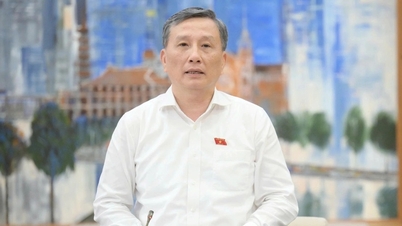

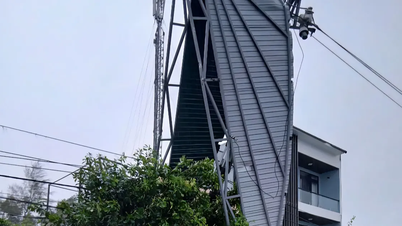

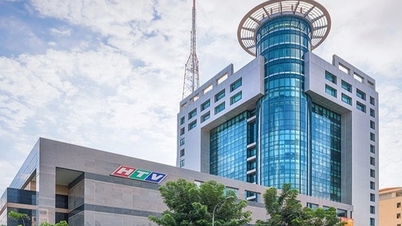







































































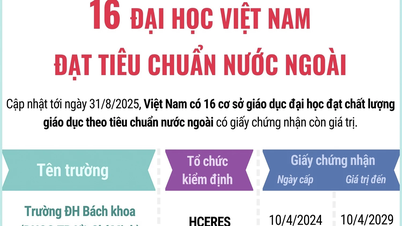



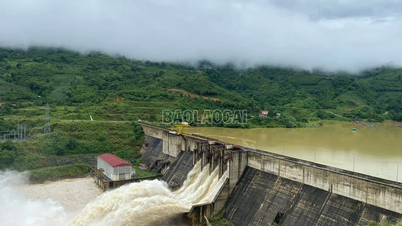


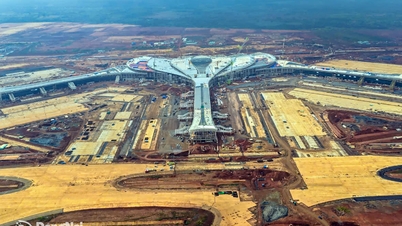














Comment (0)